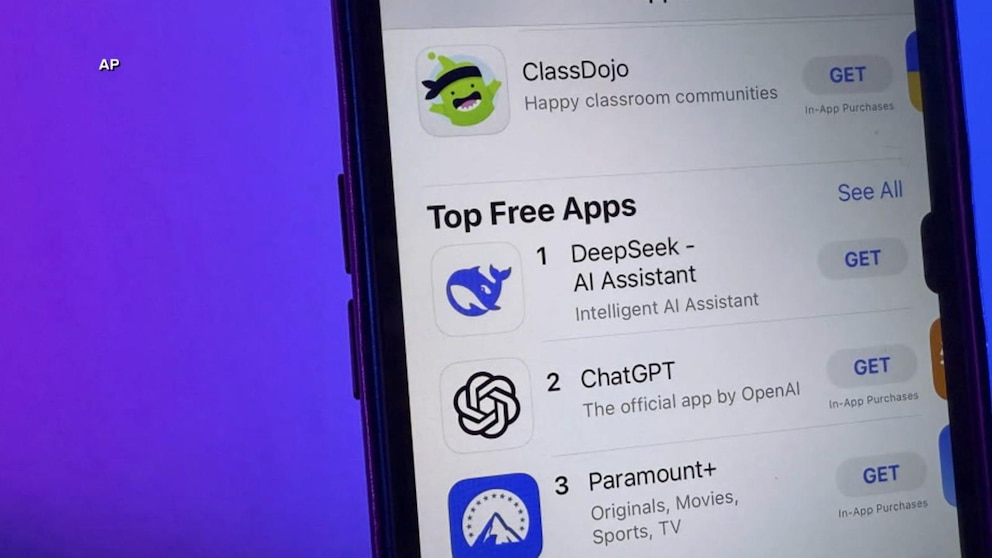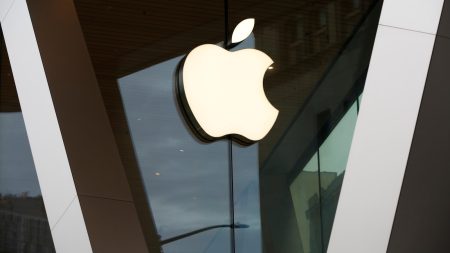What DeepSeek Means for the Future of AI and Its Rivals
Introduction to DeepSeek and Its Market Disruption
In a recent interview with ABC News, Zeyi Yang, a Senior Writer on Chinese Tech for Wired Magazine, shed light on the emergence of DeepSeek, a revolutionary AI app from China that is making waves in the tech industry. DeepSeek has been described as a game-changer, disrupting the AI market with its advanced capabilities and user-friendly interface. As the world continues to grapple with the rapid evolution of artificial intelligence, DeepSeek’s rise to prominence raises critical questions about the future of AI and how it may shape the competitive landscape, particularly in relation to its rivals.
Yang highlighted that DeepSeek’s success lies in its ability to bridge the gap between cutting-edge technology and everyday usability. Unlike many AI tools that remain inaccessible to the general public, DeepSeek has been designed with the average user in mind. This democratization of AI could have far-reaching implications, not only for tech enthusiasts but also for industries ranging from education to healthcare. However, the app’s rapid adoption has also sparked concerns about data privacy, ethical AI use, and the potential for misuse. As DeepSeek continues to gain traction, these issues will likely come under greater scrutiny.
The Rise of DeepSeek and Its Impact on AI Competition
DeepSeek’s emergence has sent shockwaves through the AI industry, particularly in China, where the app has gained a massive following in a short period. Its success has been attributed to its innovative approach to AI, which combines advanced algorithms with a seamless user experience. The app’s ability to perform tasks such as natural language processing, image generation, and even complex problem-solving has made it a favorite among both casual users and professionals.
However, DeepSeek’s rise has also intensified competition in the AI space. Rivals, both in China and globally, are now under pressure to innovate and keep up with the app’s offerings. Companies like OpenAI, the creator of ChatGPT, are closely monitoring DeepSeek’s moves, recognizing the potential threat it poses to their market dominance. Yang noted that while DeepSeek’s success is a testament to China’s growing influence in the AI sector, it also underscores the challenges of maintaining a competitive edge in a rapidly evolving field.
DeepSeek vs. Its Rivals: A Battle for AI Supremacy
The rise of DeepSeek has set the stage for an intense battle for supremacy in the AI industry. While the app has carved out a niche for itself in the Chinese market, it faces stiff competition from established players like ChatGPT and other global AI platforms. One of the key advantages of DeepSeek is its localization strategy, which has allowed it to cater specifically to the needs of Chinese users. This has given it an edge in terms of cultural relevance and user engagement.
On the other hand, DeepSeek’s rivals are not far behind. Companies like OpenAI have been investing heavily in AI research and development, and their platforms have already demonstrated impressive capabilities in areas such as conversational AI and content generation. However, DeepSeek’s ability to adapt to local markets and regulatory environments could give it a significant advantage, particularly in regions where global AI platforms face restrictions or cultural barriers. As the competition heats up, the question on everyone’s mind is: can DeepSeek sustain its momentum and challenge the dominance of its rivals, or will it eventually succumb to the pressure of the global AI giants?
The Future of AI: Opportunities and Challenges
The rise of DeepSeek offers a glimpse into the future of AI, where innovation and accessibility will be key drivers of growth. Yang emphasized that the app’s success is not just about technology but also about how it is integrated into everyday life. As AI becomes more ubiquitous, the focus will shift from developing advanced algorithms to creating tools that are intuitive, ethical, and universally accessible.
However, the future of AI is not without its challenges. Issues such as data privacy, bias in AI systems, and the potential for misuse of AI technologies are becoming increasingly relevant. DeepSeek’s rise has brought these concerns to the forefront, particularly in China, where data regulation and censorship are hot-button topics. Yang pointed out that while DeepSeek has taken steps to address these issues, the broader AI industry still has a long way to go in ensuring that these technologies are used responsibly.
Conclusion: DeepSeek and the Evolving AI Landscape
In conclusion, DeepSeek’s emergence represents a significant shift in the AI landscape, both in China and globally. The app’s ability to disrupt the market and challenge established players highlights the dynamic and competitive nature of the AI industry. As DeepSeek continues to grow and evolve, it will be important to monitor its impact on the broader AI ecosystem and the implications for its rivals.
Yang’s insights into DeepSeek’s rise underscore the importance of innovation, localization, and ethical considerations in the future of AI. While the app’s success is a testament to China’s growing influence in the tech sector, it also serves as a reminder of the challenges that lie ahead. As the AI industry continues to evolve, one thing is clear: the competition between DeepSeek and its rivals will shape the future of AI in ways we are only beginning to imagine.















